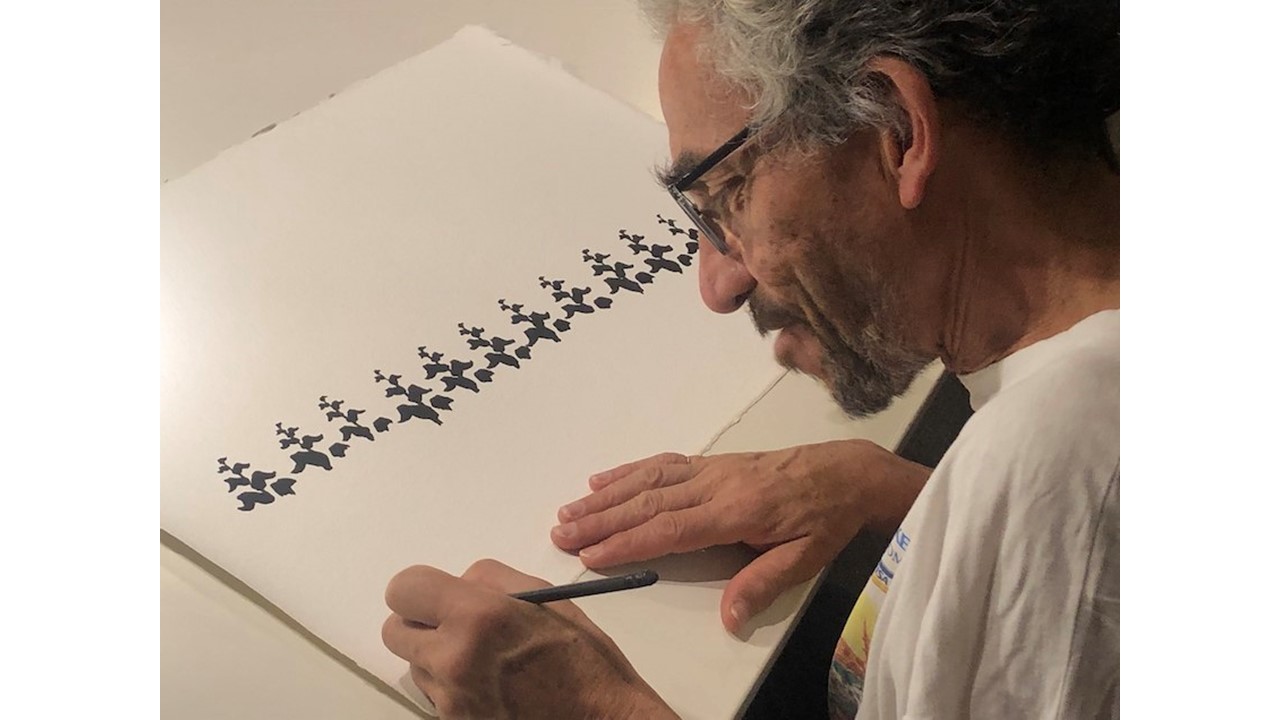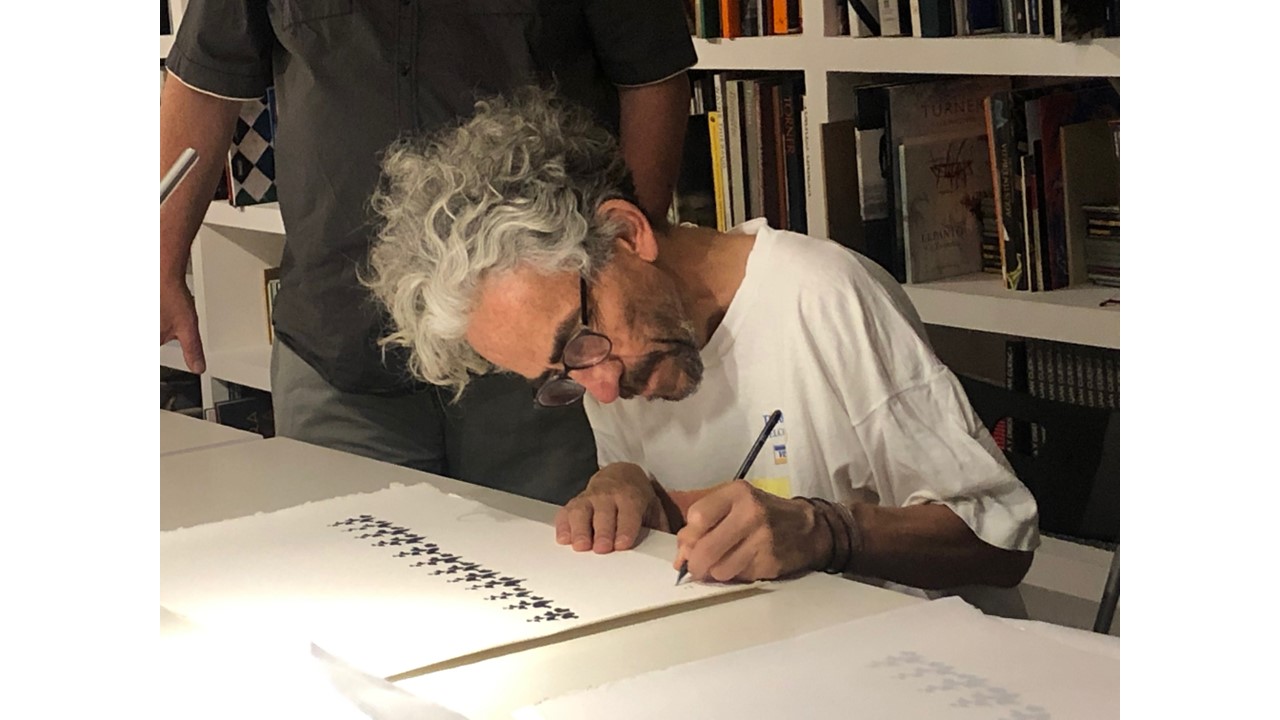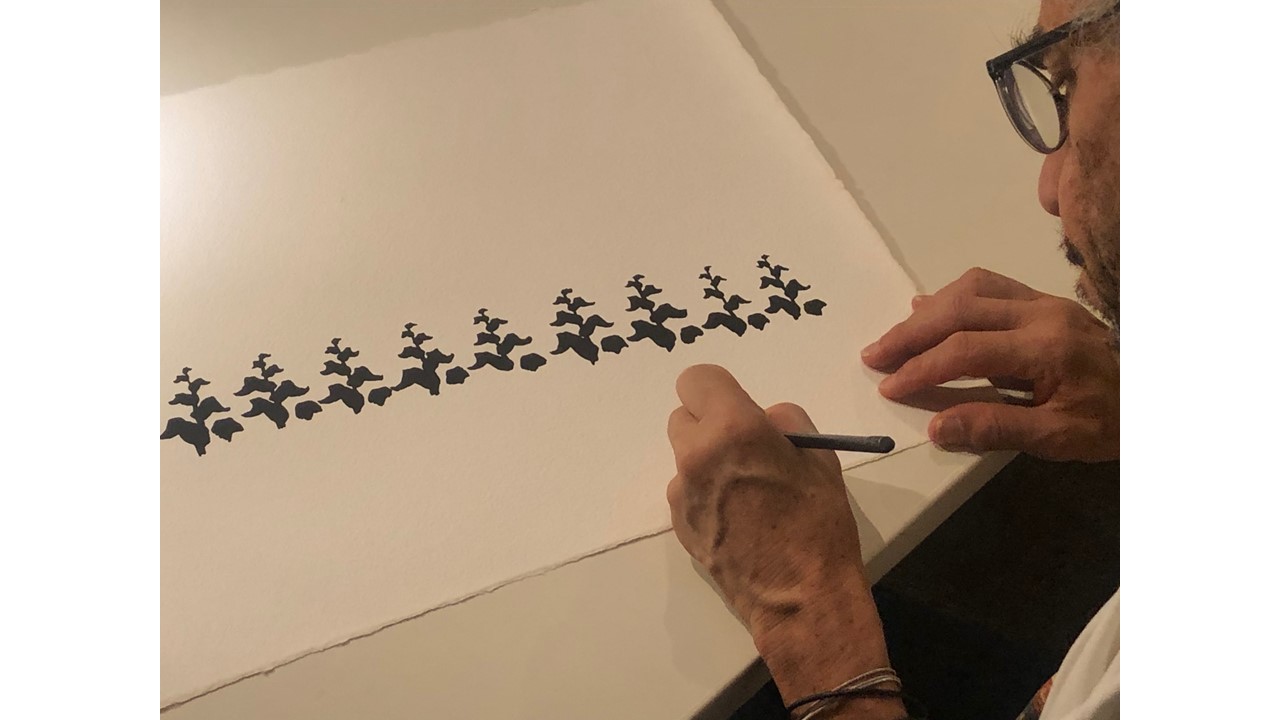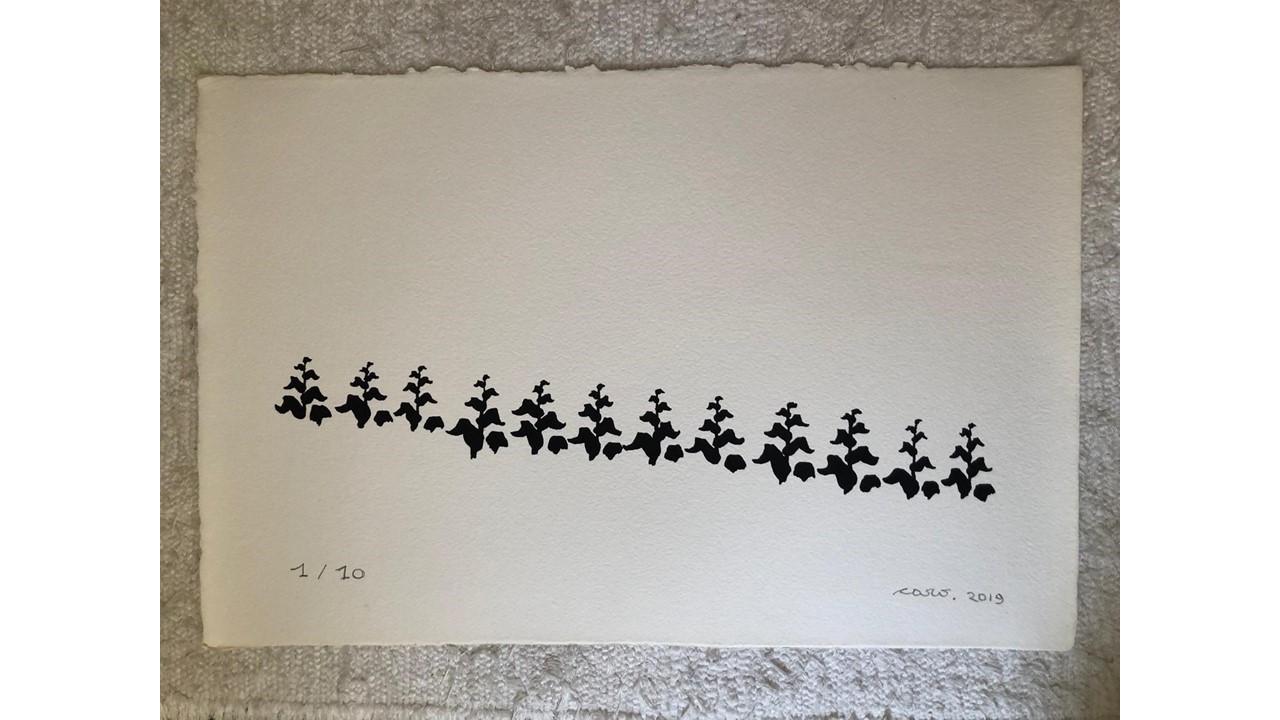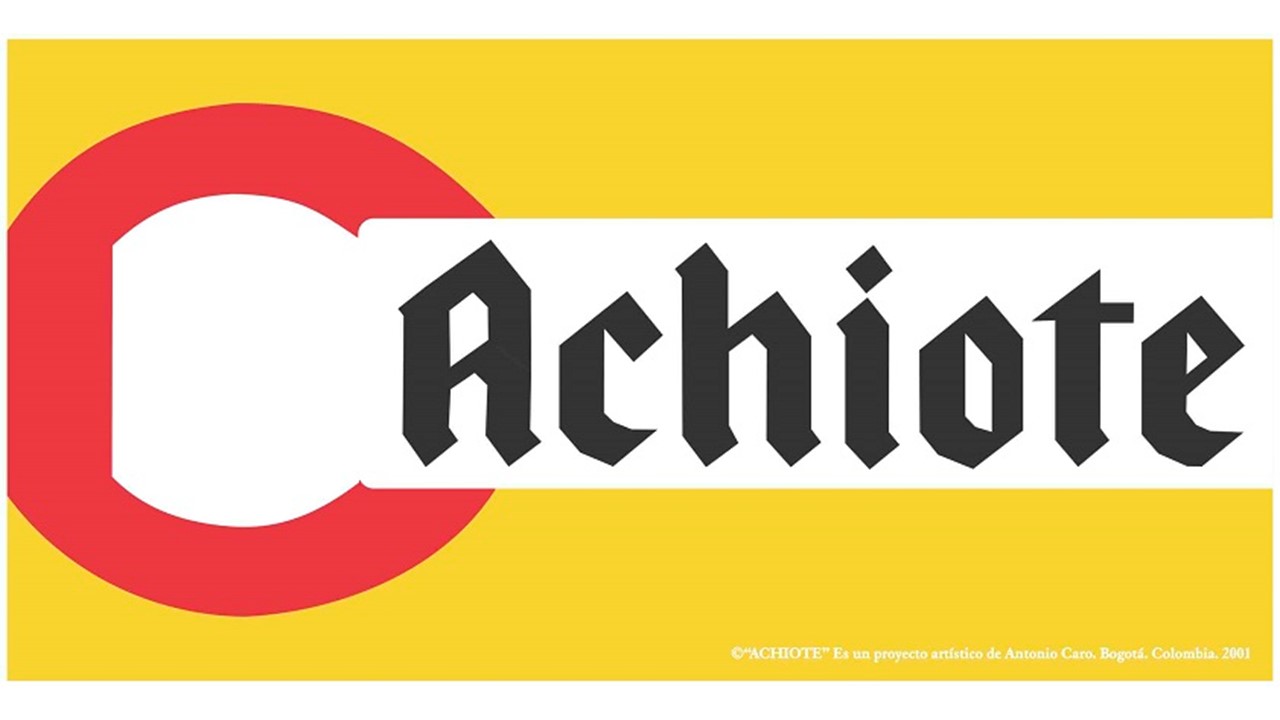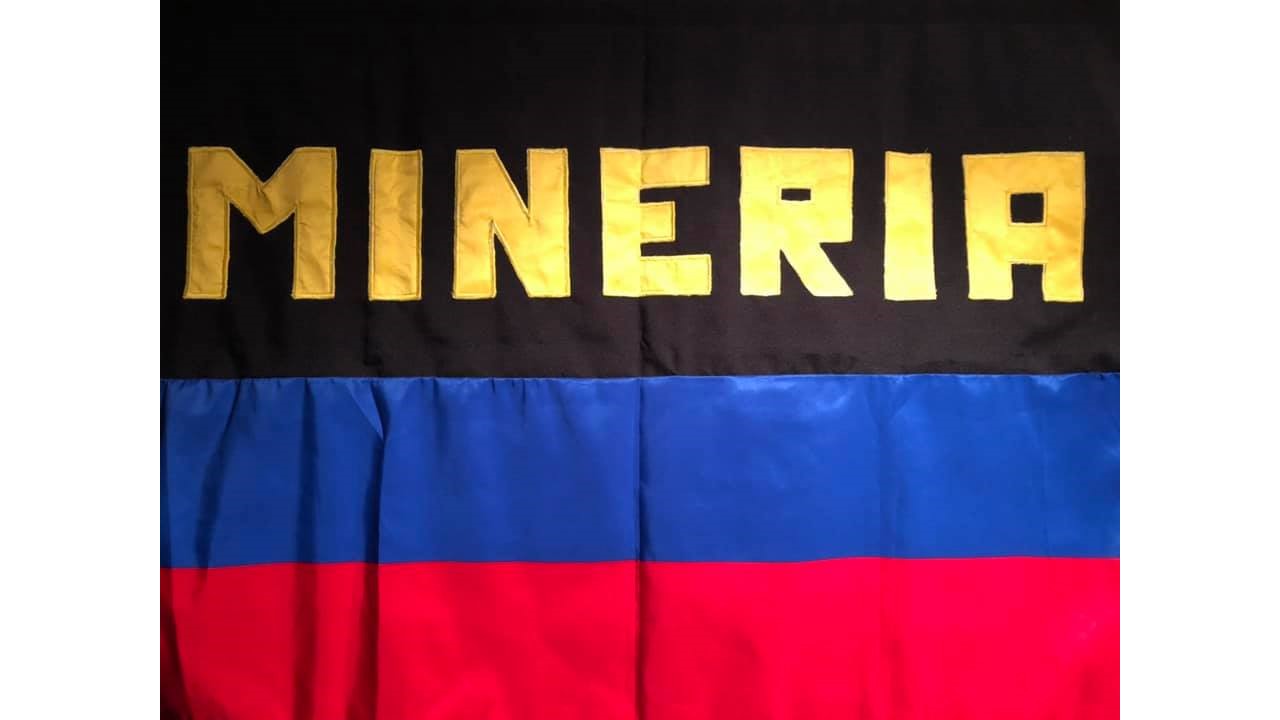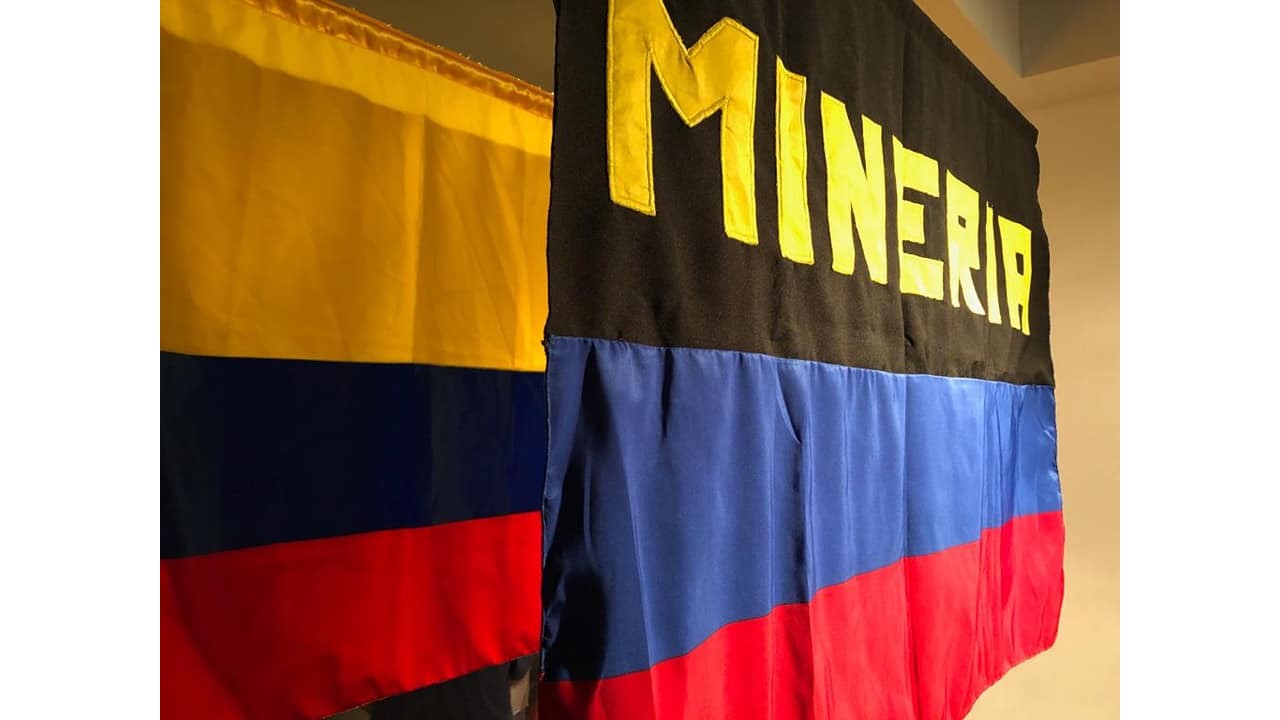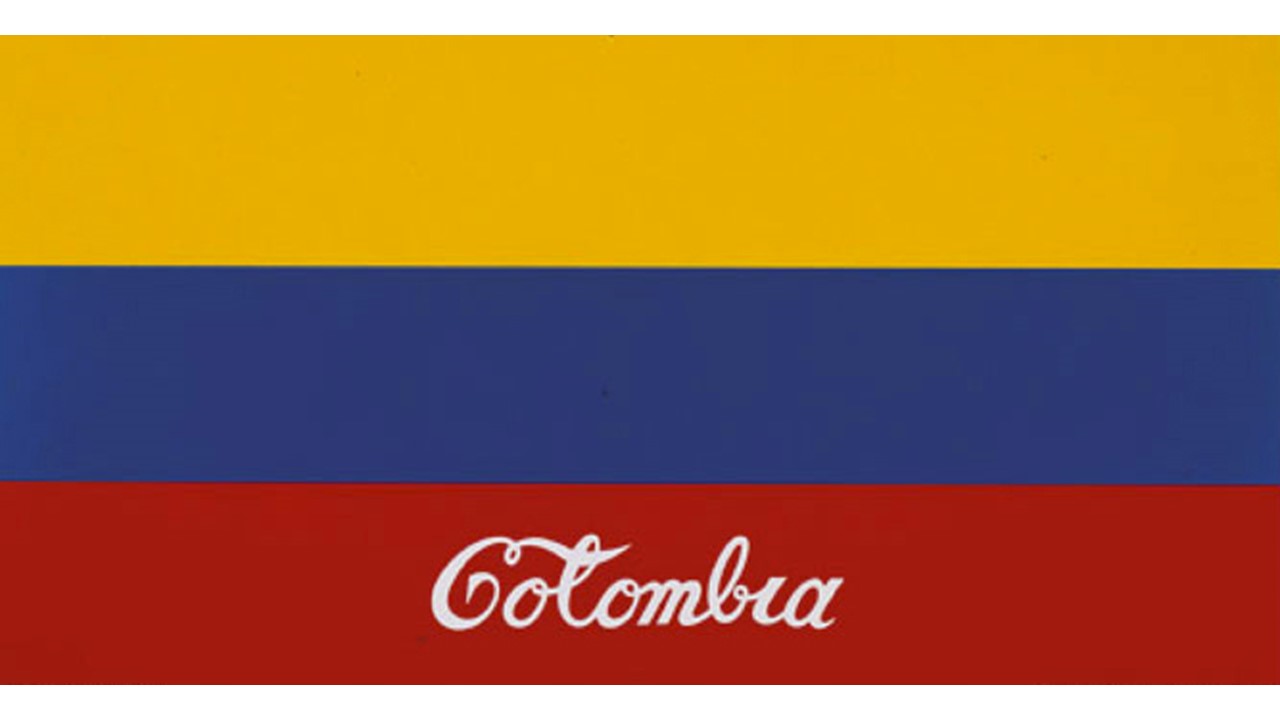Antonio Caro
Colombia, 1950 - 2021
Since 1970, Antonio Caro consolidated an artistic career which, according to the categorizations of history and criticism, denotes a reliable example of conceptual art in Colombia. Since then, Caro's work proposed a critical look at the political and social conditions of his country, in the way in which certain historical processes have been understood academically and popularly. He achieved this through the application of unconventional procedures in traditional artistic practices, such as photocopies, public installations, conferences or posters, and materials linked to native cultural practices, such as salt or achiote. In the vast majority of his works, the use of texts as a tool that allows him to communicate blunt messages; at the same time it acquires paradoxical nuances - usually of a political nature, according to his way of elaboration and dissemination.
Such is the case of the works Sal (1971), Imperialism is a paper tiger (1972), Here art does not fit (1972), Here there is no case (1974), Colombia-Marlboro (1975), Defend his talent (1977), Everything is very Expensive (1978), Tribute to Manuel Quintín Lame (1979), Project 500 (1987), Achiote, among others.
His work is part of the following collections: Center Pompidou, Paris, France, Blanton Museum of Art, Austin, USA, Bank of the Republic, Colombia, Charpenel Collection, Guadalajara, Mexico, Daros Latinamerica, Zurich, Switzerland, MIT, Cambridge, MA, USA, National Museum of Colombia, Bogotá, Colombia, Museum of Modern Art, Bogotá, Colombia, Museum of Modern Art of Barranquilla, Colombia, Museum of Modern Art of Caracas, Venezuela, Museum of Modern Art La Tertulia, Cali, Colombia , Museum of Modern Art, Pereira, Colombia, Queens Museum, New York, USA and some private collections from Colombia, Mexico, Spain, Switzerland and USA.
Solo exhibitions at Freijo Gallery:
· 2019 De prisa! LZ46 program

